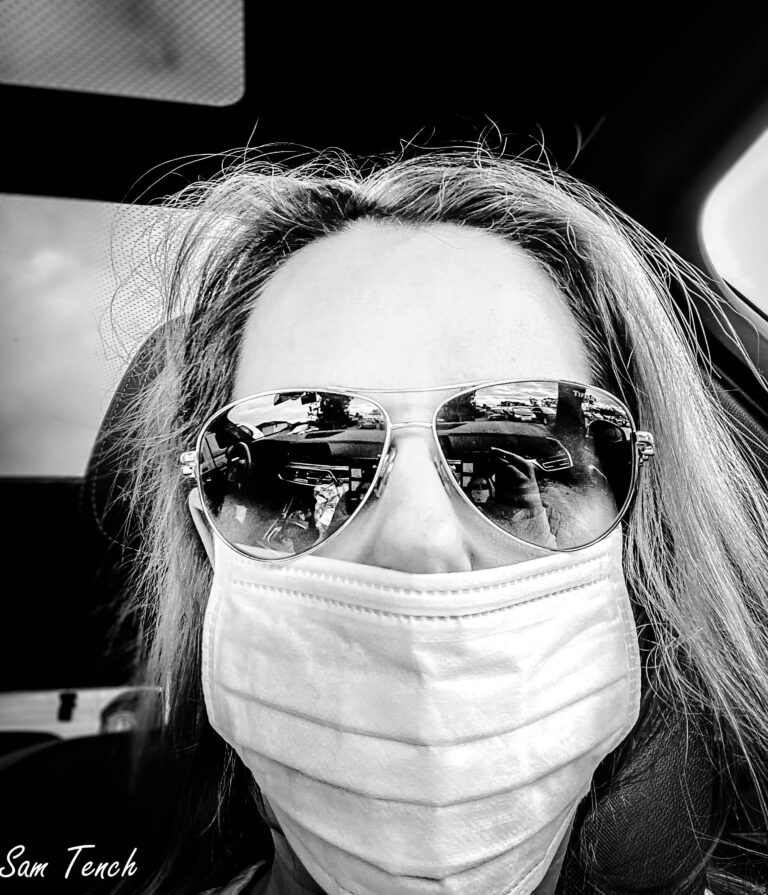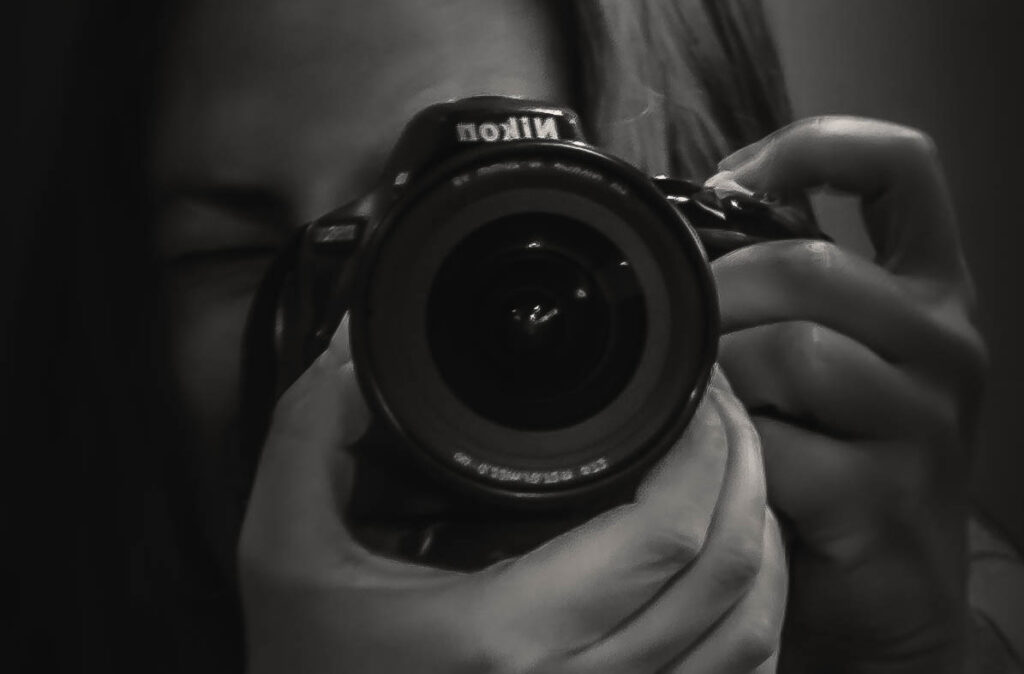The easing of COVID-19 restrictions in Victoria is highly anticipated and welcome. We can begin the long road towards a new sense of normal daily living. We can resume activities which we haven’t had the freedom to enjoy for months; catching up with family and friends; taking a trip outside of our hometowns; for kids, attending classroom education. The good news, so long as we ALL continue to do the right thing, is that restrictions will continue to ease. A more comprehensive range of retail shops will be permitted to open, there will be increased capacity for more people to dine out and we’ll regain greater autonomy to move around. In many ways, however, one can imagine we’re sitting on a wobbly tightrope. Just one move in the wrong direction may cause us to descend again into a dark place of restrictive living.
The easing of restrictions is the news our ravaged economy and many small business owners have been hoping for. It’s been a painful experience walking down the streets only to see most shops and restaurants either empty or closed. The opening of businesses will have positive flow-on effects from which everyone may benefit. Employment rates will get a much-needed boost; we’ll have fewer people relying on social security benefits, and families can sleep a little easier at night without the stress of wondering how the bills will get paid. Our country, as a whole, can also begin a long journey back to financial stability. It’s a win-win situation for all; at least in theory anyway.
For some people, the thought of easing restrictions and reconnecting with society causes a heightened sense of anxiety. This is particularly so for people already living with a phobia or anxiety but also, after months of being confined to our homes, a sense of fear and of need to protect ourselves from the virus can affect the toughest of characters. Even for those with no history of anxiety, the desire to leave home may suddenly have lost appeal. We may not like to admit it but, some of us have changed, even adapted to our new way of living, and we feel safe within the realms our control at home. Infection rates have responded optimistically to the lockdown and compulsory wearing of masks, with current infection rates in parts of the state, dropping to no new (known) active cases for weeks but what should be a reason to feel happiness and relief has been overtaken by a stronger sense of apprehension about re-entering society and what might lie ahead.
We live under the shade of a massive question mark. We have minimal control over where life takes us. Understandably, the burning question is, what does the future hold? Gone are the days of hugging, cheek-kissing, even shaking hands; it’s too risky now COVID-19 is lurking. Life has changed massively. We can complain all we want, but it will fall on deaf ears. Referring to my blog https://thepicturehealer.com/the-symbolism-of-doors-passageways-and-our-future/, I suggested two options for moving forward. We can either be open-minded towards our new future, welcome a new life door into our world and see where it takes us. Alternatively, we can resist this door, look back at the previous door, now firmly shut, whilst arguing and stamping our feet that this is all wrong and unfair; and, in doing so, being completely left behind.
The pandemic of 2020 has changed the way many of us think about and engage in social interaction. Many of us have developed an innate fear of being around other people. This is not surprising, given we’ve been told to stay away from others for a better part of the year, only to be given the nod to begin mixing with other people in the safest manner possible. It’s interesting, confusing, surprising, and a little sad to consider how drastically some people are choosing to live due to fear. People who previously had no social phobias are finding themselves reluctant to reenter a world, mainly when other people will also be out and about. I wonder about the impact our tight restrictions have had on people who live alone. How did they manage to get this far without falling apart? This is a difficult thought to contemplate.
I’ve found the requirement to wear a facial mask has affected the sociability of everyone. Sometimes I find myself preferring to stay home rather than go out wearing a mask. It’s more comfortable, more convenient and my face doesn’t end up a hot, sweaty mess!
Many of our daily experiences look different; once, taking a nice long walk was pleasurable. The sense of pleasure has gone; people have changed. To observe this change in the human spirit, sit on the side of a busy street and watch individuals avoid the need to walk past one another. It reminds me of a saying I heard a lot as a child, ‘avoiding someone like the plague’, only now I have a concrete example of what this means, and I don’t like it. Even when people are wearing masks, many prefer to walk on the road, cross to the other side or stop completely to avoid others. Who would have thought 12 months ago we’d be doing this to avoid walking past a person on the footpath? Don’t get me wrong; I do understand, however that sense of friendliness, approachability and the simple gesture of saying hello to passersby seems to have been lost with COVID-19.
What about body language and facial expressions? They go a long way when expressing oneself. But today, I can’t read your face, and you can’t read mine, this is especially so when we wear sunglasses as well as a mask! We have a new and vital accessory now, a mask, like a handbag or a manbag; they come in all colors and designs, but they do make whole-body expression rather tricky to interpret. Suddenly, we’ve lost some ability to be an effective communicator with other people.
Once, having a small group catchup with others (outside of the home) was something we’d not think twice about; the more, the merrier. Now, the impromptu catchup has also lost appeal due to the need for social distancing. No hugs, just a wave from at least 1.5m away; no warm, fuzzy and welcoming feeling. I look at packed children’s parks and freak out, thinking, ‘let’s find a quieter park’. Where have the critical qualities of connection gone, and how do we get it back?
Of course, there is another option for communicating. Technology has aided our ability to continue working and studying from home, and we’ve no choice but to welcome it into our homes: catching up via FaceTime or Zoom. Forgetting the difficulties technology can bring, my young children, who previously had no experience with an iPad or personal computer (by parental choice), have become highly skilled users of both platforms. They even help me many times when technology won’t co-operate. At first, the experience of online chats and classes was different; it was fun; it was a novelty. Yet, the novelty wore off for my IT (Information Technology) loving children. Likewise, it wore off quickly for all of us because, like wearing the mask, communicating in this way can be awkward and impersonal.
I’ve been referring a selection quotes of late; they can be powerful sources of inspiration and also give insight to the hardships of others. I have another saying that is applicable right now:
‘You never know what you have until its gone.’
Funnily enough, this saying has undergone an update of in recent times. Now it includes the words, ‘for example, toilet paper’ at the end, (lol, you’ve got to have a chuckle!).
I was lucky to learn this lesson just before COVID-19, only in reverse. My ED never allowed me the luxury of being a highly social, interpersonal, communicative person, and because of this, I had no idea what I was missing. It’s no secret (if you’ve read my story!), receiving my camera just 13 months ago, has been the catalyst for me to embark on an exciting journey of self-discovery. The creation of my website followed this; its gift was to give me the strength and drive to express my thoughts and feelings with no thought of apologizing or fear of what others might think. It has been a blessing wrapped in a pretty box. With the onset of COVID-19, I felt the impact of losing what I had gained. I felt incredibly ripped off; I’d just begun to discover life, only to have it ripped away so soon.
Today, as we witness people protesting (…this is going against our very basic fundamental human rights, I don’t want to live like this anymore), a massive realization may be dawning louder and more evident than ever. That is, many of us realize we have taken things for granted in life for far too long. Human contact and connectivity (https://thepicturehealer.com/connection-a-powerful-lesson-from-the-pandemic/) is a prime example. When it’s broken, we openly acknowledge its importance and crave this aspect of life which we may have previously mistaken as a given.
Nothing in life is a given, and we should be prepared for this. Maybe the pandemic is the worlds’ way of communicating to us that we are not entitled or owed anything. If anything, we should feel lucky that we get to live here. Have we come to expect everything in life to be handed to us on a silver platter? The perfect home, the best of everything, regardless of its impact on our world? Could it be the very attitudes we have held (we’re the humans, and everything is fair game), is catching up to us? Is it time to relinquish this way of thinking? Bring back a sense of humility and respect for what we do have? Just a little food for thought.


1 Comment
The last paragraph held me the most Sam, I am sick to death of the Covid 19, perhaps me, maybe time to write about other things as well, I am sick of it because I can’t see a way out and that is the way I relate to problems, find the answer, at the moment there is none. I want to live in a time of happy things of looking forward because I am sick to death of the negatives. Once again, great writing but I would personally like a change of topic, all the very best xxx Julie